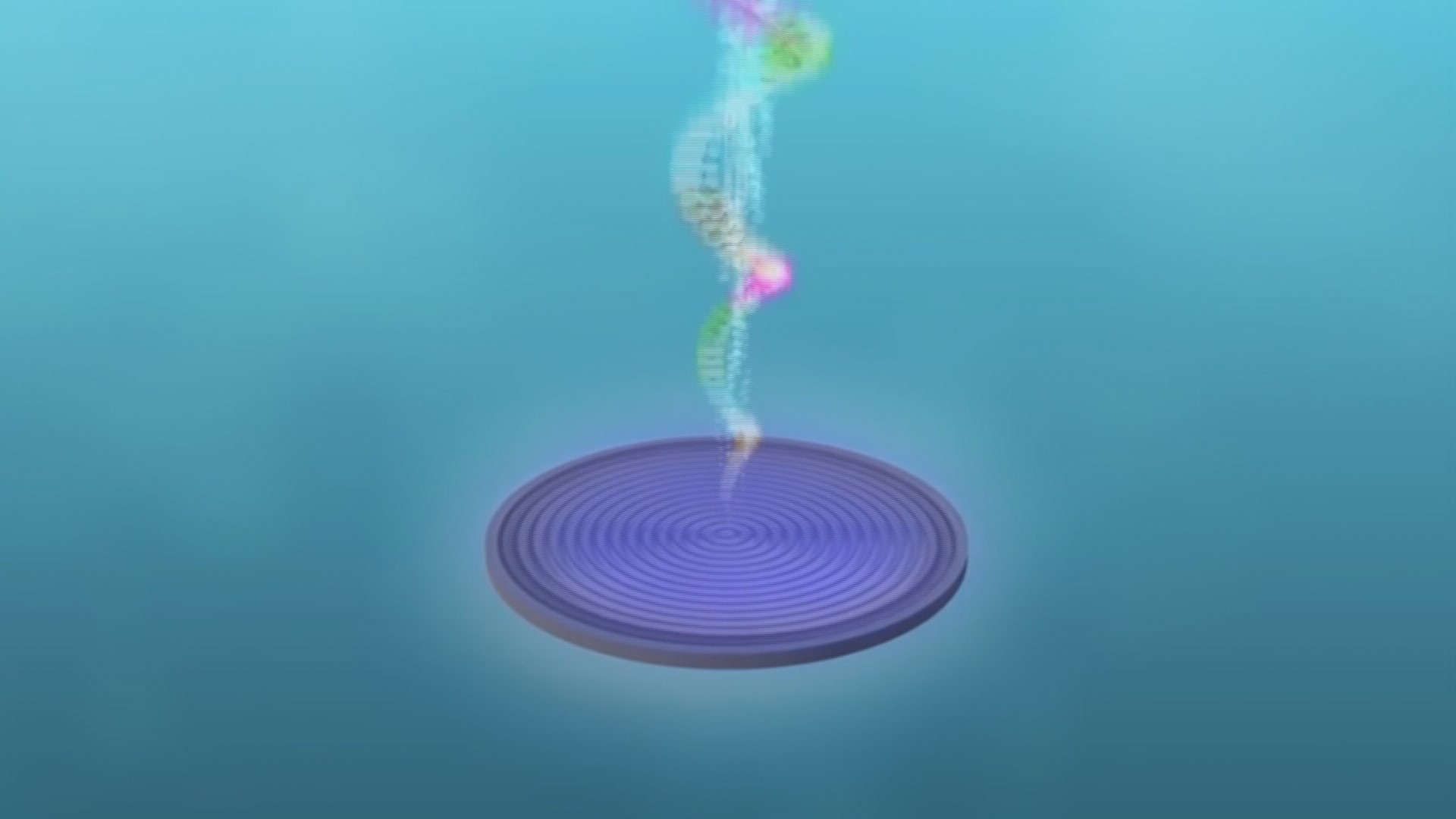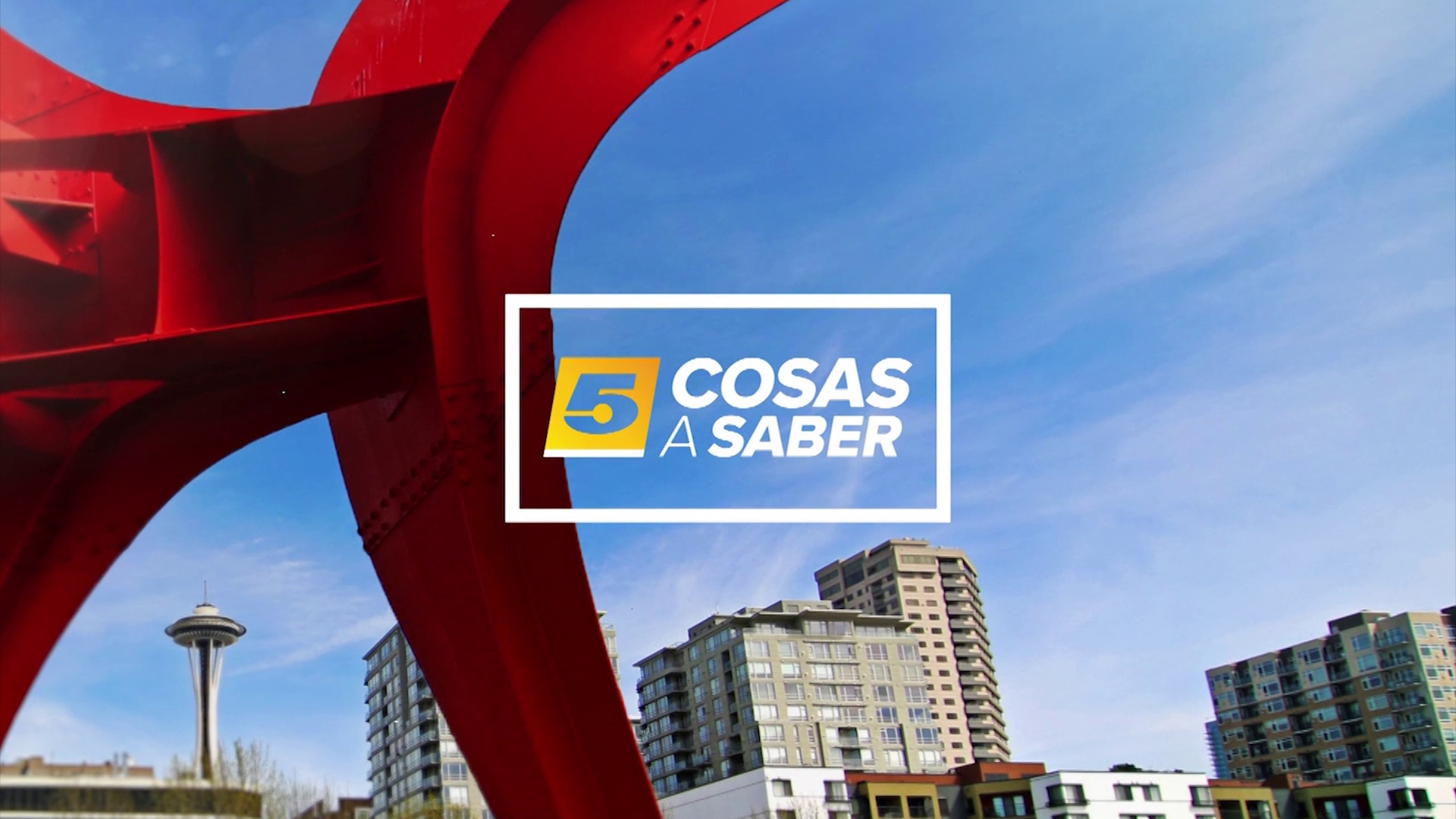If you're reading this on the app, click here
A new flat antenna could change the way we connect to people around the world. Redmond-based Kymeta has been working on a lightweight, flat antenna that could give people broadband internet as long as they have a view of the sky.
The company can do this with the use of metamaterials. Metamaterials are created by arranging naturally occurring materials in a particular pattern that produces an electromagnetic response not found in nature. The toolset can then be utilized to form holographic beams that could link to satellites and do it while the antenna is in motion.
Other phenomena that were explored in metamaterials were things like cloaking -- where scientists could bend light around an object effectively rendering it invisible. This antenna is one of the first real applications of metamaterials that's really seeing the light of day.
"A better way to think about our product and our service for people who don't care about satellites or antennas--it's just a pizza box," says Nathan Kundtz, Kymeta CEO. "You put it outside; it makes the Internet. And you can put it anywhere on the planet, and it will give you cost-effective broadband connectivity to the rest of the planet. That's the magic pizza box that you can put on anything."
Kymeta is currently working with several companies, but one of the more exciting partners is Toyota. Kymeta is installing its technology in test cars and currently driving them around the country measuring connectivity. The benefit to having this in millions of cars would be added safety features and quicker software updates. Modern cars today have 100 million lines of code, but vehicles still have to be recalled to the dealership to fix an issue. With Kymeta, car makers could send a massive amount of data to people through a multicast overlay with satellite. Consider what this technology can do for other forms of transportation like boats, planes and autonomous cars.
"When Apple sends us an update for their phones, it actually crashes networks all over the place because everybody is trying to suck down the same thing in these one-to-one sessions," said Kundtz. "So the ability to overlay this multicast layer becomes really powerful."
Since 2012, the company has been able to raise $200 million in capital from loyal investors like Bill Gates. And companies around the world, like Boeing, have spent massive amounts of money for four decades to attempt what Kymeta has done in a considerably short amount of time.
"[Bill Gates] has a vision for how he would like to impact the world, and I think we're doing our best to live up to that," said Kundtz. Kymeta's antennas could help connect doctors to patients living across the world. It could help medical experts fight disease or epidemics.
"If you have your pizza box and a view of the sky, you get connected to everybody else on the planet," said Kundtz. "So that's a powerful thing to unleash that kind of connectivity with no wires--independent of what geography you're in, independent of whether you have a cellular network available, independent of trying to find different data plans or waiting for new types of networks to be rolled out."
Kymeta is getting closer to being in the hands of consumers. The company won't release a specific timeline with Toyota, but Kundtz said it won't be next year. Still, demand outpaces what the company can actually do.
"It's an incredible time right now," said Kundtz. "I mean, it's hard to really communicate quickly how many different ways we've innovated here and how impactful that's going to be in the long term. We're just getting started."


